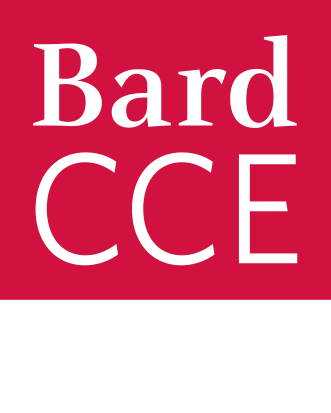Bard College Human Rights Professor and Students Study Urban Displacement and Gentrification with Kingston Housing Lab
Of 481 properties in one section of Midtown Kingston, 275 (black dots) are owned by non-local owners, according to a study conducted this spring by Bard Professor Kwame Holmes and his students as part of the class Urban Abandonment: A Housing Justice Lab.
Using property tax information from Ulster County Real Property Tax Service Agency, Holmes and his students found that, of the 481 properties they studied in one section of Midtown Kingston, 275 were owned by non-local owners, those who did not have an address within the neighborhood area. Non-resident owner addresses were geocoded, revealing the importance of Saugerties, Westchester County, and New York City to Kingston’s land market. Non-resident owners could be found as far as California, Texas, and Florida. Eighty-seven properties were owned by Limited Liability Corporations, 10 of which shared names with corporate landlords operating in states across the country. These dynamics, the class realized, illustrate the extent to which land in Kingston is a site of profit extraction, and very little of that capital directly benefits local residents.
Furthermore, gathering information from Airbnb, Holmes’s class found that there were 110 vacation rentals available in Kingston, compared to 43 advertisements for regular long-term rentals available on Craigslist. The average rent per bedroom per month on Airbnb was $4,187, a price over 300% more expensive than a regular monthly rental. Holmes, who recently presented the class’s findings to the Kingston Common Council’s housing committee, said the Kingston Housing Lab was born out of an interest in transforming how communities talk about housing inequality and scarcity in small towns.
“Rather than focus on ‘the most affected population’ and recite statistics about rent as a percentage of median income, we wanted to shine a light on home owners and land ownership as an economic and cultural phenomenon and explore their impact on housing availability, quality, and pricing,” said Holmes, scholar-in-residence, Bard Human Rights Program, and faculty advisor, Bard Prison Initiative. “Housing security, particularly during the COVID-19 pandemic, is a public health issue. We’re interested to learn the impact of ownership from afar upon living conditions of renters, particularly in working class areas. Are non-local landowners more likely to sell for an immediate profit, exposing renters to an involuntary displacement? More transparency in and analysis of ownership patterns are essential for the maintenance of public health.”
Holmes, who is slated to talk about present his class’s results on Radio Kingston and make a presentation to the Kingston Land Trust this week, said he plans to expand the Kingston Housing Lab project, working with students to gather information on all of Kingston’s properties, as well as reach out directly to non-local property owners—particularly those who own three or more residential properties in a neighborhood—to better understand how they interact with their properties and relate to the communities wherein they own.
# # #
(6.23.20)Post Date: 06-23-2020
